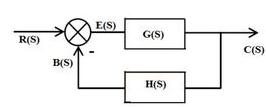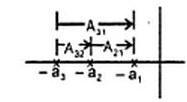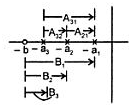ECE :: Control Systems
- _________ is the one which can control any quantity of interest in machine, mechanism or other equipment in order to achieve the desired performance or output
- ___________ is an interconnection of components connected or related in such a manner as to command, direct or regulate itself or another system
- Which of the following are the examples of Open loop control systems
- Which of the following are the examples of Closed loop control systems
-
Find out the Transfer function for the closed loop control system given below

-
In the given figure shows the pole “ zero plot , The Transfer function F(s) is

-
In the given figure shows the pole “ zero plot , The Transfer function F(s) is

-
In the given figure shows the pole “ zero plot , The Transfer function F(s) is

-
In the given figure shows the pole “ zero plot , The Transfer function F(s) is

-
In the given figure shows the pole “ zero plot , The Transfer function F(s) is



 Whatsapp
Whatsapp
 Facebook
Facebook

